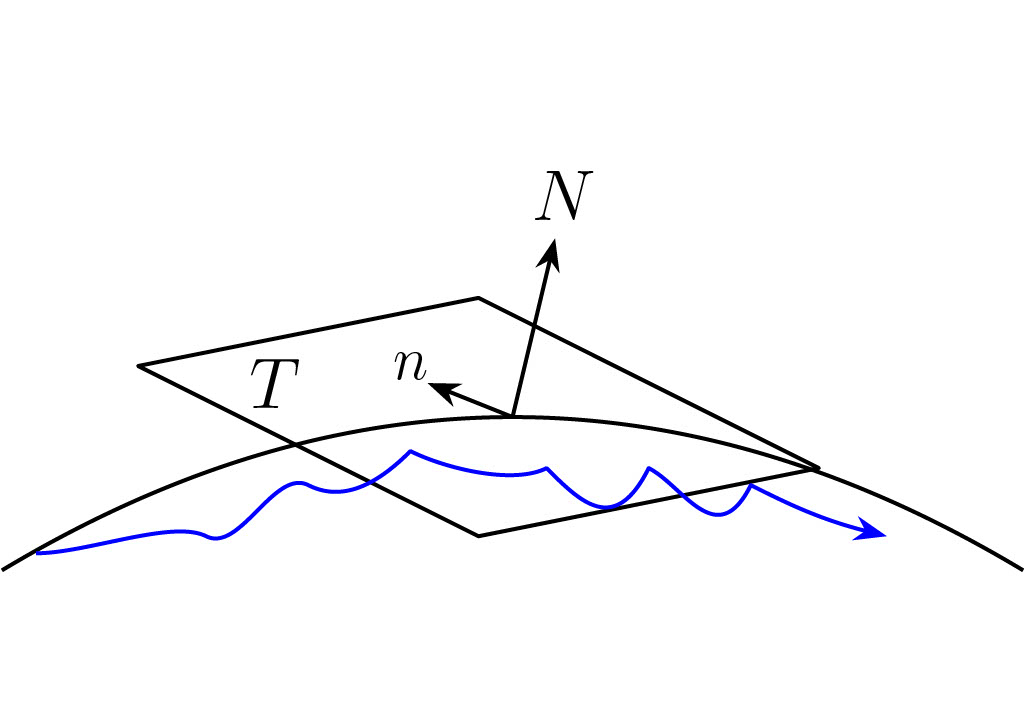Professor John Moriarty and Dr Amaranta Membrillo Solis launch groundbreaking network on geometric methods
A new international research network led by Queen Mary University of London is set to explore how geometry can unlock new frontiers in probability, statistics, and machine learning. Funded by the INI–HIMR Network Support Programme, Tangents and new Normals (TnN) connects researchers across the UK and beyond to drive innovation through geometric methods.

Headed by Professor John Moriarty and Dr Amaranta Membrillo Solis of Queen Mary’s School of Mathematical Sciences, along with collaborators from the University of Nottingham, UCL and École Normale Supérieure, TnN is the first initiative of its kind to bridge these disciplines through shared geometric insights.
Reflecting on TnN’s purpose, Professor Moriarty said:
“Researchers working with these interfaces to geometry are typically not themselves geometers and, to reach their full potential, these methods need to be put on a firm mathematical footing. TnN will facilitate this through its cross-sectional focus on geometric methods and, also, by establishing and fostering international connections.”
Geometry might traditionally evoke images of triangles and circles, but in today’s data-rich world, it plays a much deeper role. TnN’s researchers will explore how the shape and structure of data can improve statistical learning, inform complex decision-making, and clarify randomness in high-dimensional systems. Key areas include:
- Manifold learning via variational autoencoders (VAEs): New techniques use geometry to better understand noisy, high-dimensional data.
- Estimation with stochastic processes on Riemannian manifolds: Advanced sampling methods now apply even to graph-like structures and neural networks.
- Nonconvex geometry of risk-sensitive stochastic process optimisation: Novel mathematical tools are tackling long-standing problems in decision theory, finance, and control.
The network will host a series of workshops between 2025 and 2027, each focusing on a distinct research theme, from geometric statistics and machine learning to applications in stochastic processes. Also, an international partnership with École Normale Supérieure (ENS) in Paris brings further expertise in topological and geometric data analysis.
The TnN network has placed equality, diversity and inclusion (EDI) at the core of its mission. Recognising the importance of diversity in scientific innovation, Dr Membrillo Solis said:
"All events will be inclusive, accessible, and affordable, and we aim to provide special support for early-career researchers, parents, caregivers, and participants from underrepresented backgrounds."
While the current phase is funded for two years, the ambition does not stop there. The TnN leadership team plans to pursue longer-term funding, aiming to establish a robust international platform for the geometric future of probability, statistics, and machine learning.